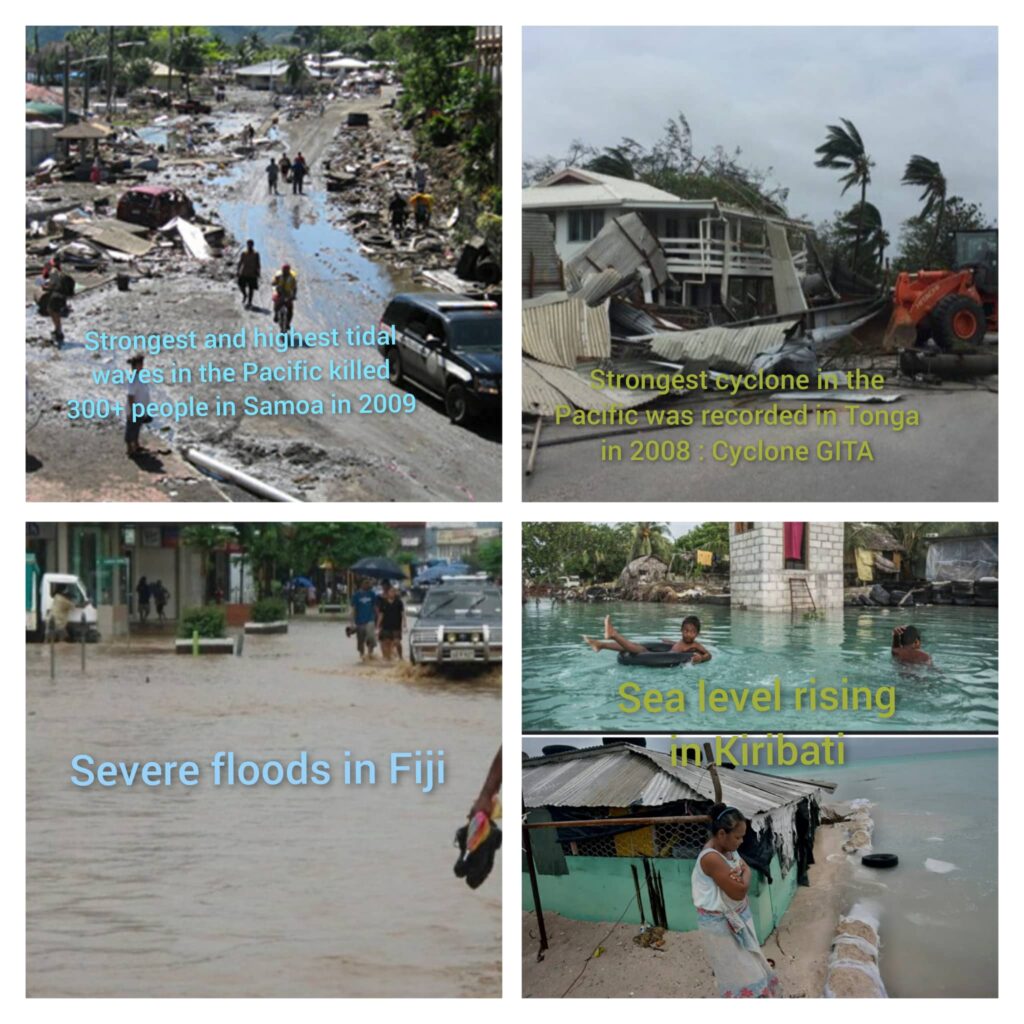According to the UN Framework Convention on Climate Change (UNFCCC), education is an important factor in addressing climate change. In order to adapt to climate change, young people can be taught about the effects of Climate Change. Educating all people, but especially motivating the young to take action, empowers them. For example, it helps youths to understand and address the consequences of global warming, encourages them to change their behaviors, and assists them in adapting to what is already an urgent situation.
For me, the Pacific region is the best illustration of how important it is to educate children in today’s world to cultivate critical and creative thinking so that they can become engaged with sustainable lives. This is because of the high vulnerability of these Islands to the impact of climate change. There is an urgent need to find new, innovative ways to teach Pacific children and youth in a way that promotes resilience among them. Referring to the school curriculum across the Pacific, Climate Change is only partially taught in different existing subjects such as Geography and Science, however, a full review of the curriculum is needed to address Climate Change as a new subject to be taught in both secondary and tertiary education levels. Providing young people with the knowledge and tools to tackle tomorrow’s challenges has become a consensus view in many countries and is critical for effective and sustained climate-change adaptation in Pacific Island countries. (Parker et al., 2018)
